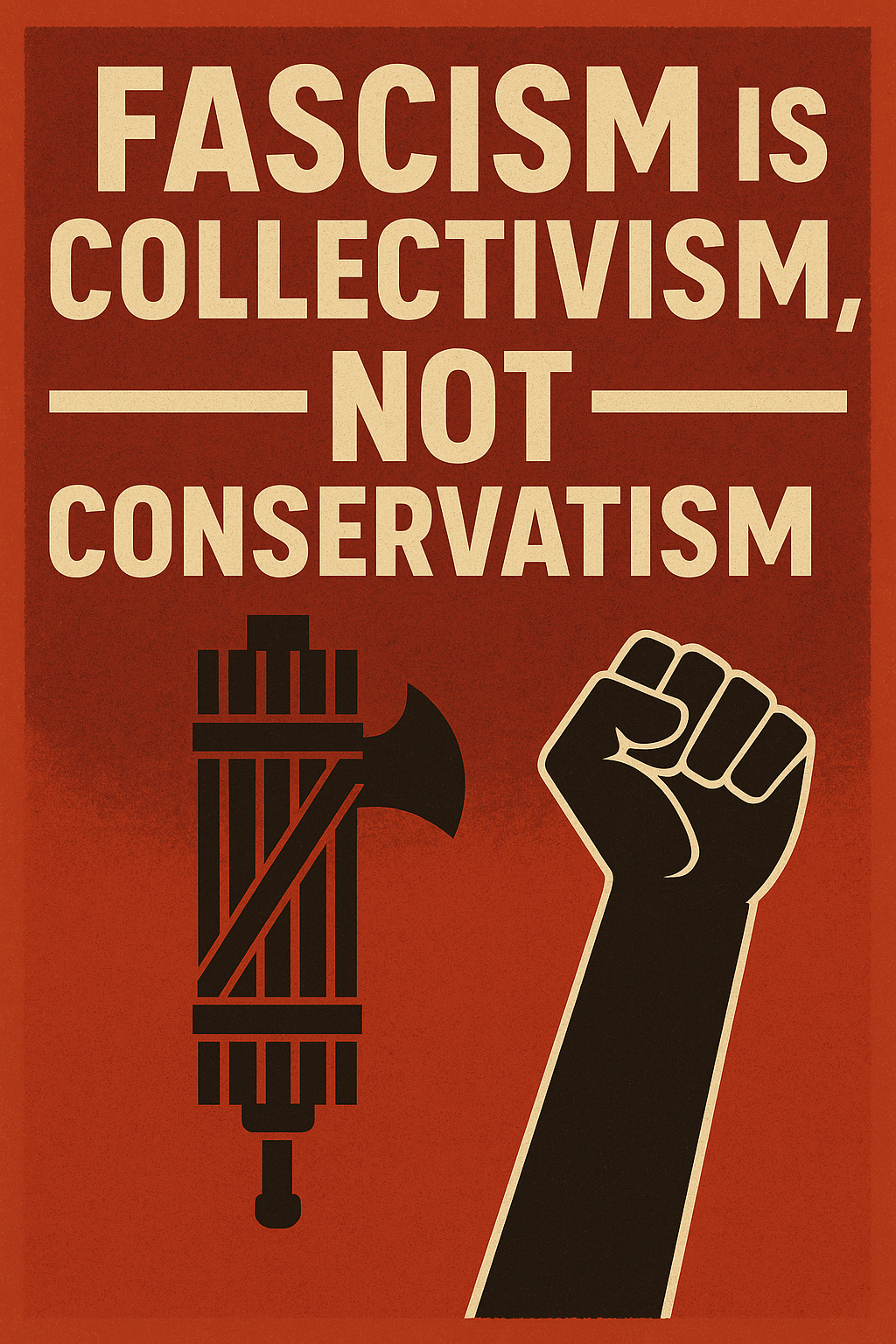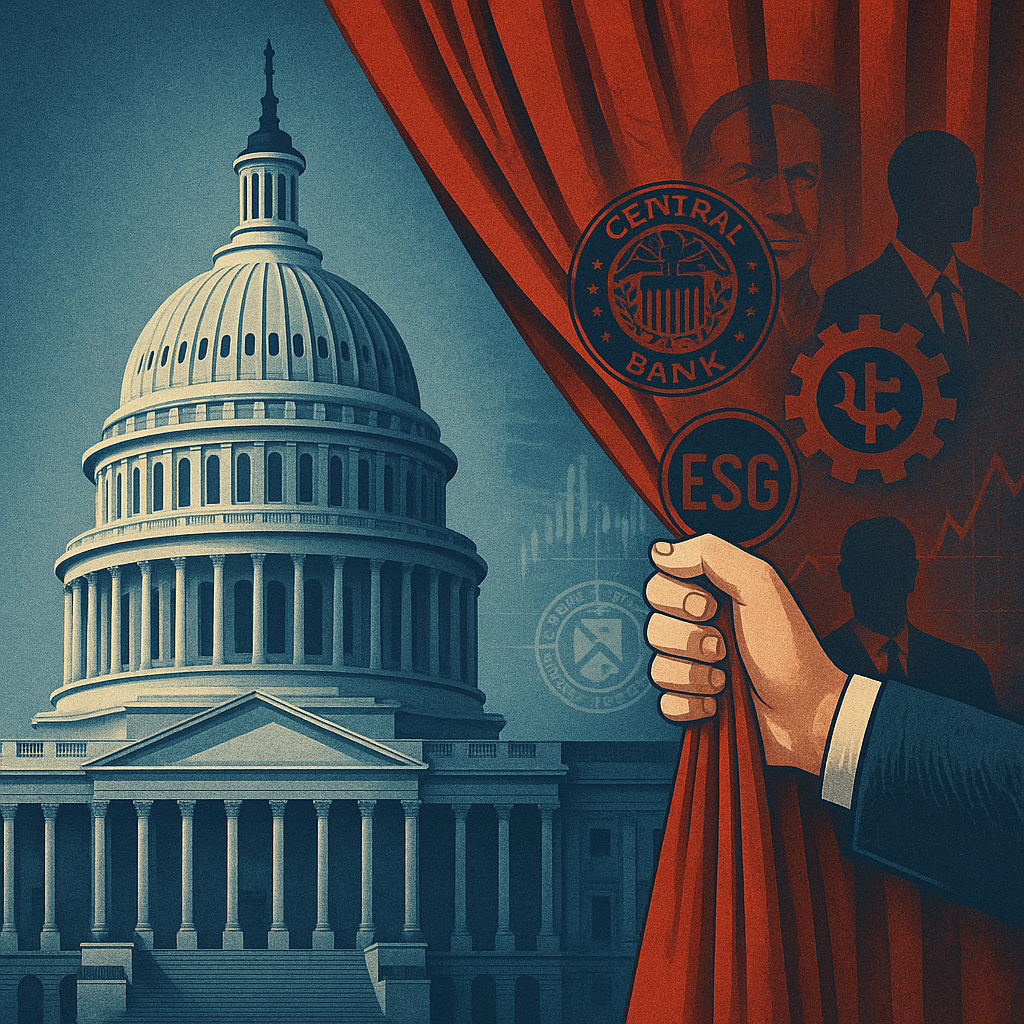If you have two people, one who works 60 hours a week performing back breaking labor, and one who does not work at all, do you believe that both people should have the same income?
If you say ‘no,’ then you are in favor of income inequality.
If you say ‘yes,’ then ask yourself how you can expect the person doing 60 hours a week of back breaking labor to continue.
In a nation of income equality, who is going to make the food, and build the buildings?
Answer? Nobody.
And that is why socialism fails – always.
It really is that simple.
Of course, when you explain this to a progressive, they will say that they are not against all income inequality – they are only against excessive income inequality. They will argue that they do not want to deter work – they only want to ensure that everyone has at least a minimal level of comfort, in which the basic necessities of life are guaranteed.
The problem with only being against excessive income inequality, and wanting to ensure a minimal level of comfort for everyone, is that even these modest-sounding proposals make it very easy for someone at the bottom of the income ladder to transition to government support.
I’ve heard people describe welfare as a wagon. Those who are working pull the wagon, and those on welfare ride in the wagon. Any program that encourages workers to climb into the wagon rather than continuing to pull it will make the wagon heavier for those still pulling it. The combination of a heavier tax burden (more people in the wagon) along with a reduction in tax payers (fewer people pulling the wagon) will force taxes to go up on those still working.
Every time taxes go up to fund the last batch of people who climbed into the wagon, the marginal benefit of working vs. taking welfare changes again, and more people at the bottom of the income ladder climb into the wagon.
Minimum wages have the same effect – pricing people who might otherwise want to work, out of the workforce, and literally forcing them into the wagon.
Compounding this problem is the fact that socialism is a political vehicle. Under a free market, the only way people can advance their economic interests is by producing goods or services other people are willing to pay for. Under socialism, the way one advances their economic interests is by getting politicians to favor their group over other groups – taxing others to provide more benefits for the in-group. As the number of people in the wagon grows relative to the number of people pulling the wagon, so too does the political power of the people in the wagon, relative to the people pulling the wagon.
As the political power of the people in the wagon grows, welfare benefits will become more generous, again changing the marginal difference between working and taking welfare. This will cause more people to hop into the wagon, increasing the tax burden on those still working yet again, while also further increasing the political power of the people in the wagon, compared to those still pulling it.
This process will continue, with each wave of people climbing into the wagon encouraging even more people to follow, until we get to the point where the nation is not producing enough to feed and house the people.
Eventually, the wagon becomes too heavy to pull.

The only way to prevent a collapse in the ability to feed and house the people is to allow income inequality to exist, such that there are always sufficient people pulling the wagon.
Furthermore, the only objective way to decide how much income inequality there should be is to let the market decide. Any other level of income inequality will reduce the incentives to produce away from the optimal level, leading to less production overall. Until someone can figure out a way to distribute that which is not produced, programs that reduce production will never be sound policy.
None of this is to say that we cannot, or should not, take care of the poor. It is, however, to say that when we take care of the poor, we need to do so in ways that do not reduce the incentives to work, or to hire. It is one thing to help someone who is not fully able to help themselves, but who is doing what they can to support themselves; it is something else entirely to help someone in ways that prevent them from helping themselves. We must always do the former, and never the later.
There are other associated articles that delve into particular ways we might help others. For an overview of all the harm the War on Poverty has caused, you may enjoy reading American Apartheid. For an overview on the difference between ‘doing good,’ and ‘feeling good,’ you might enjoy Democrats, Republicans, and Hate for the Poor. For an overview of the Minimum Wage (and how best to replace it), you might enjoy The Case Against the Minimum Wage.
For more on tax policy, you might enjoy The Trickle Down Lie. For more on the ills of socialism, you might enjoy The Socialist Lie.
There is a tremendous amount of material available for those who wish to unlearn socialism, or for those who wish to educate others on the evils of socialism (and if you fall into the later category, you might enjoy How to Convert Young Socialists).
The point is to never stop learning, and to never stop reading. The more one learns about socialism, the less one wants to live under it.
As always, if you enjoy our message, we ask that you share it. We also ask that you consider supporting us through our Patreon account – proceeds go toward expand our website, and growing our audience.





Libertarian Forum
You need to get out of the city now.
The US Ponzi economy will collapse.
The farms will have food, but the cities will not.
There will be riots in the urban areas.
The elites are also planning to start WWIII with North Korea, Iran, China, and Russia to distract Americans when the economy implodes and boost defense company sales. Cities will become nuclear targets.